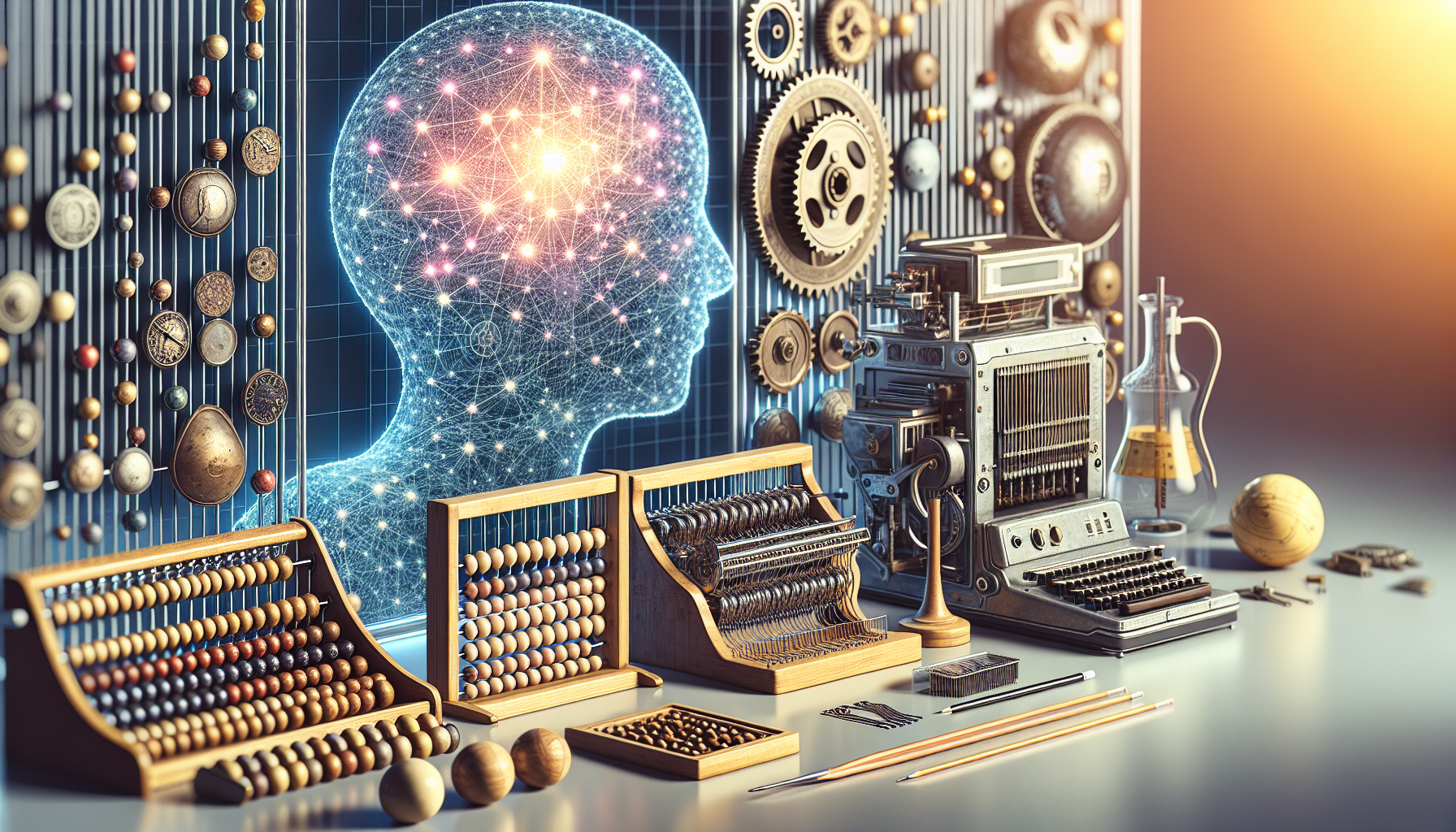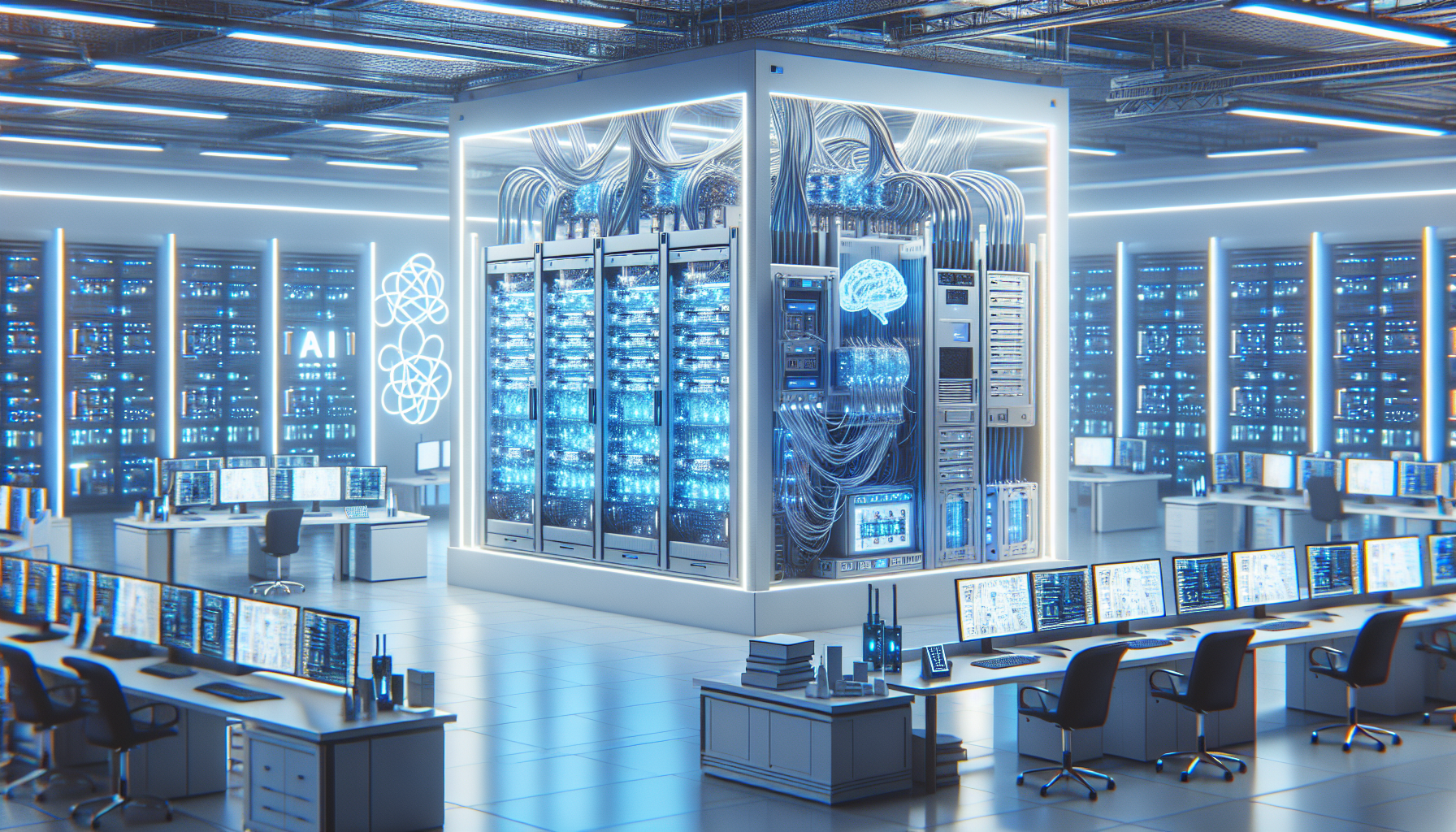
The Transformative Role of Artificial Intelligence in Drug Discovery and Development: A Trend Analysis
May 27, 2025
In the realm of pharmaceuticals, where innovation is both a necessity and a challenge, artificial intelligence (AI) is emerging as a formidable ally. The application of AI in drug discovery and development is not merely a trend but a pivotal shift that is reshaping the industry’s landscape. This transformation is characterized by the integration of advanced algorithms and machine learning techniques that expedite the traditionally protracted processes of drug discovery.
The pharmaceutical industry has long faced significant hurdles, including exorbitant costs, high failure rates, and lengthy timelines in bringing a new drug to market. AI stands as a beacon of efficiency and precision, capable of navigating these complexities with unprecedented agility. Its role in the initial stages of drug discovery is particularly noteworthy, where it aids in identifying promising drug candidates by sifting through vast datasets with remarkable speed and accuracy. Unlike conventional methods that might take years, AI can perform these analyses in a fraction of the time, thus accelerating the pathway from lab to market.
One of the profound impacts of AI is its ability to analyze biological data to predict how different drugs will interact with the human body. This predictive modeling is a game-changer, offering researchers insights into potential side effects and efficacy rates before clinical trials begin. Such foresight reduces the risk of costly late-stage failures, which have historically been a bane for pharmaceutical companies. Additionally, AI’s capability to simulate complex biological processes allows for the testing of numerous variables, further enhancing the precision of drug development.
The use of AI in identifying new drug candidates is bolstered by its ability to process and analyze literature and chemical libraries at a scale unimaginable by human researchers. Through natural language processing and other machine learning techniques, AI systems can scan thousands of scientific papers, extracting relevant data to propose novel drug molecules. This capability not only speeds up the discovery process but also uncovers connections and hypotheses that might elude even the most seasoned scientists.
AI's role does not stop at discovery; it extends into the development phase, where it aids in optimizing clinical trials. AI-driven platforms can stratify patients based on genetic and phenotypic data, ensuring that trials are more targeted and, therefore, more likely to yield meaningful results. This personalization of trials is a significant step towards precision medicine, where treatments are tailored to individual patient profiles, enhancing both efficacy and safety.
The potential of AI in drug discovery is further amplified by its integration with other cutting-edge technologies. The convergence of AI with big data analytics, cloud computing, and blockchain is creating a robust infrastructure that supports collaborative research and data sharing on a global scale. Such synergies enable a more holistic approach to drug development, where insights are shared across borders, accelerating innovation and reducing redundancy.
Despite its transformative potential, the integration of AI into drug discovery is not without challenges. Concerns regarding data privacy, algorithmic transparency, and the ethical implications of AI-driven decisions are paramount. Moreover, the pharmaceutical industry must navigate regulatory landscapes that are often slow to adapt to technological advancements. Addressing these concerns requires a concerted effort from stakeholders, including policymakers, researchers, and industry leaders, to establish frameworks that ensure the responsible use of AI.
As AI continues to evolve, its role in drug discovery and development is likely to expand, opening new avenues for medical breakthroughs. The question that remains is how quickly the industry can adapt to these changes and leverage them to address some of the most pressing health challenges of our time. Will AI be the key that unlocks cures for diseases that have long eluded us? Or will it reveal new complexities that require even more innovative solutions?
The promise of AI in pharmaceuticals is vast, yet it is a promise that hinges on the industry's ability to embrace change, foster collaboration, and prioritize ethical considerations. As we stand on the cusp of this new frontier, the possibilities are as exciting as they are daunting, inviting us to ponder the future of medicine in an AI-driven world.


